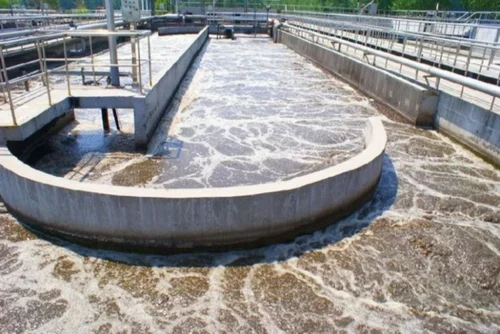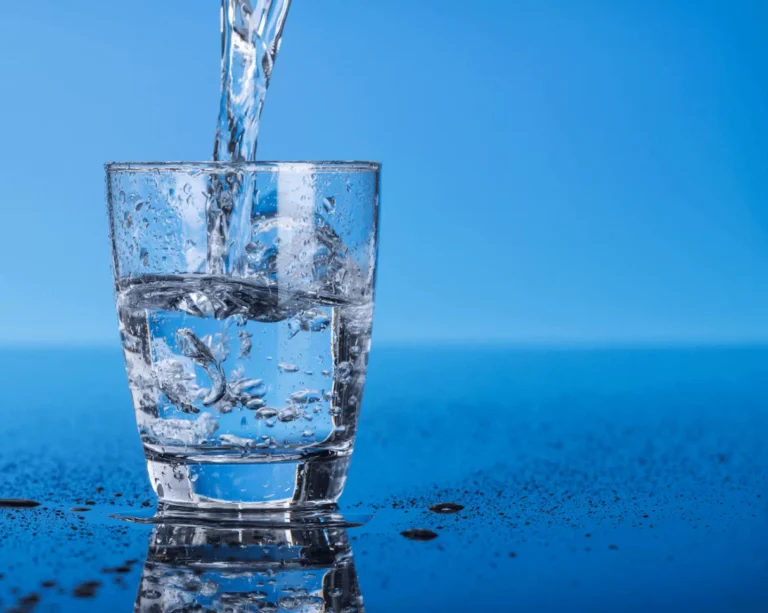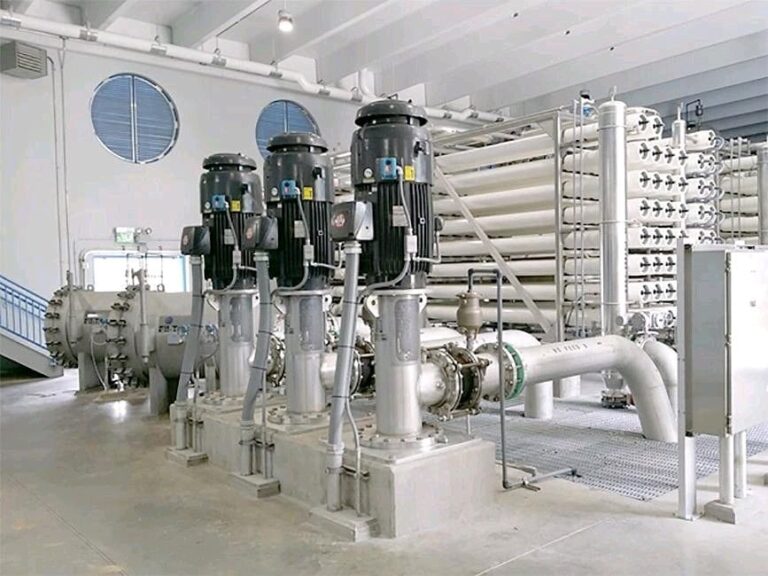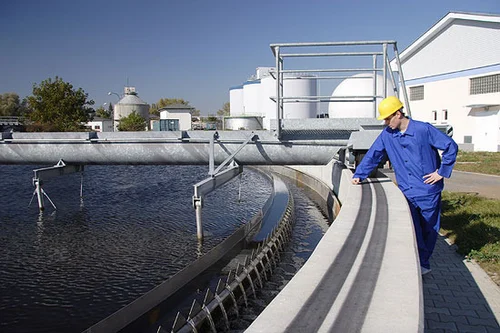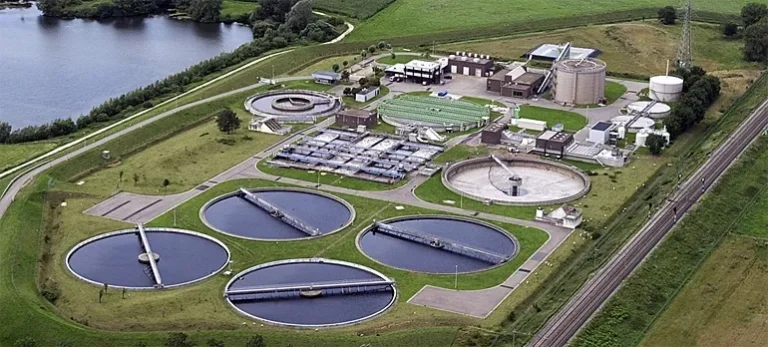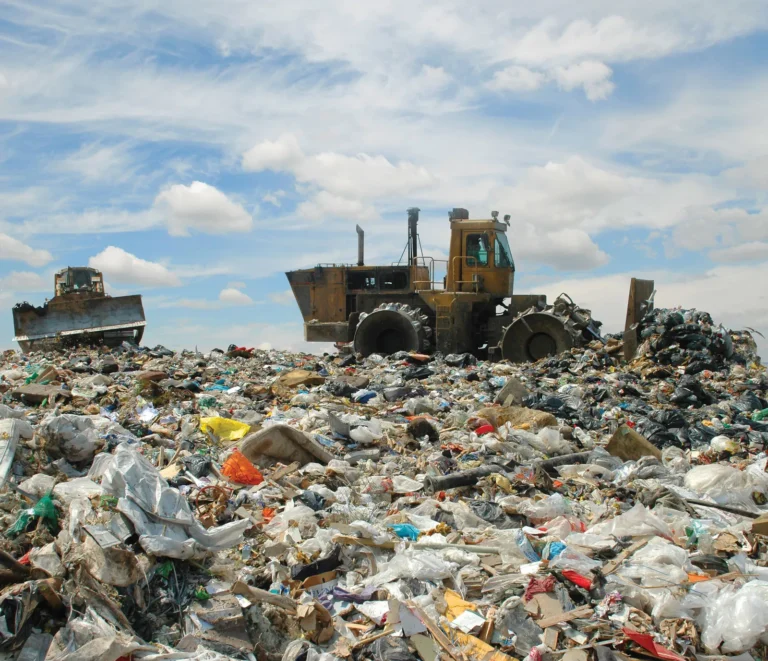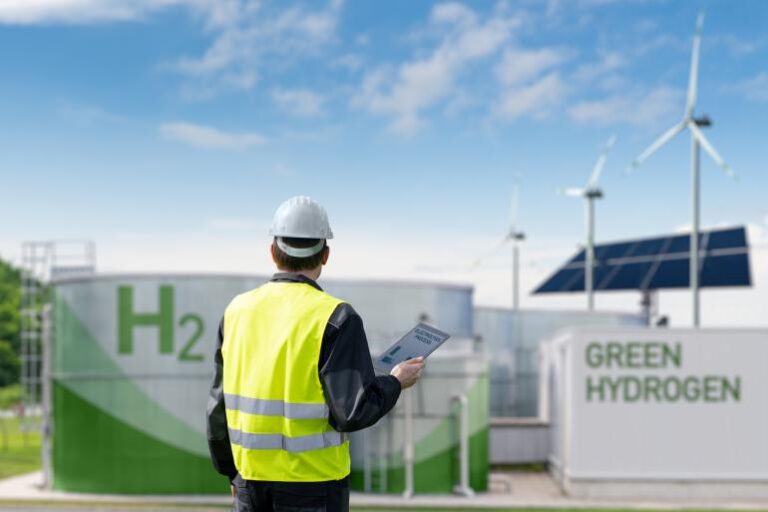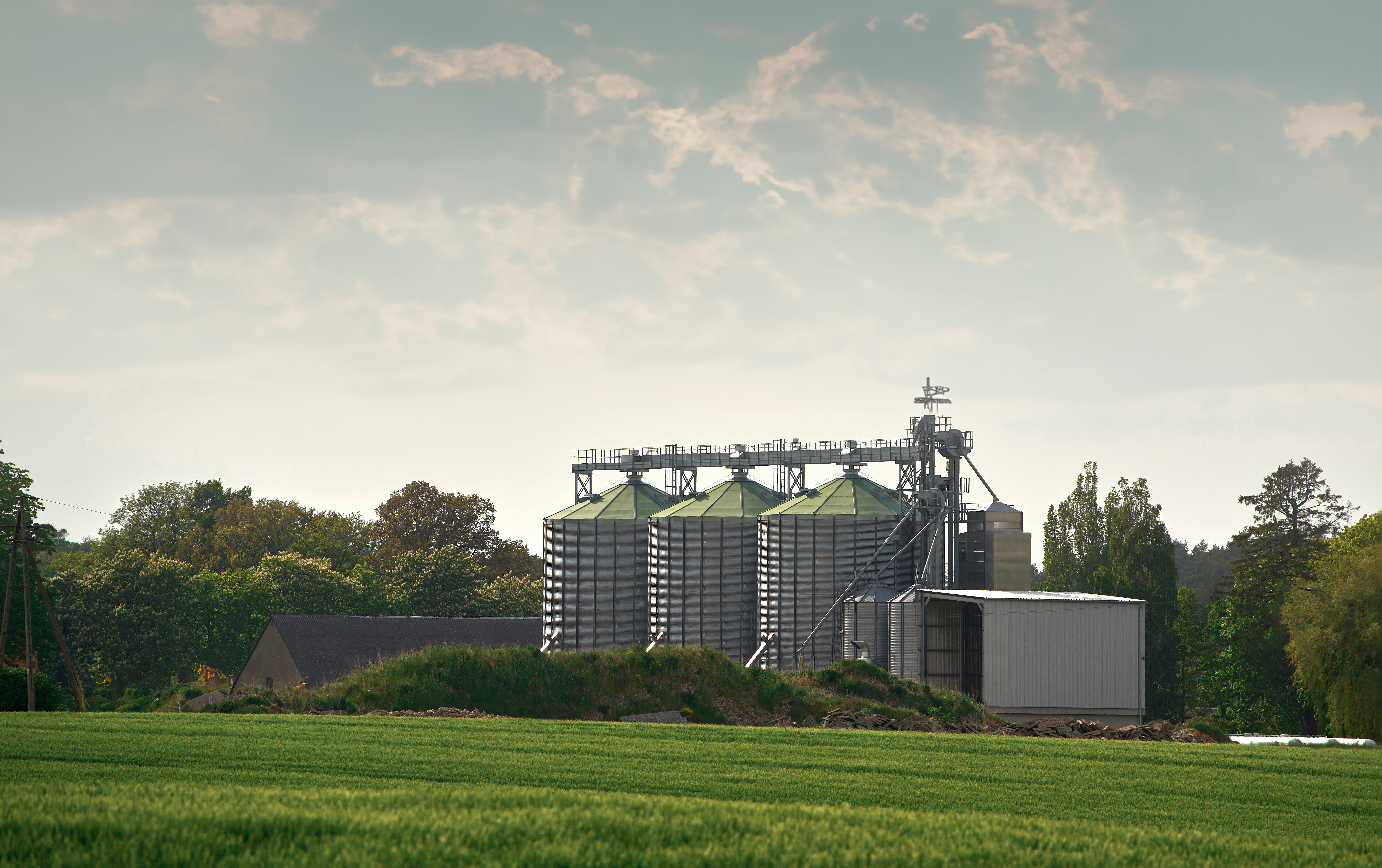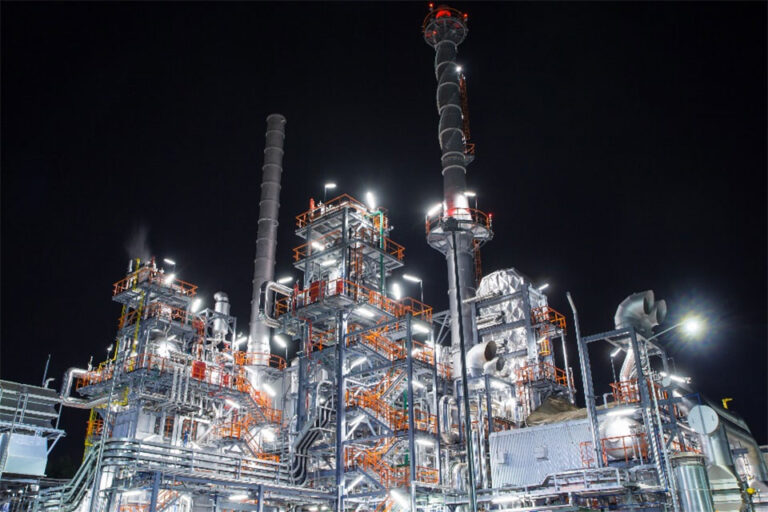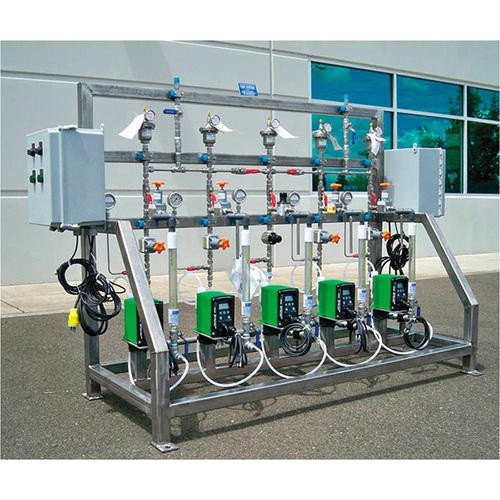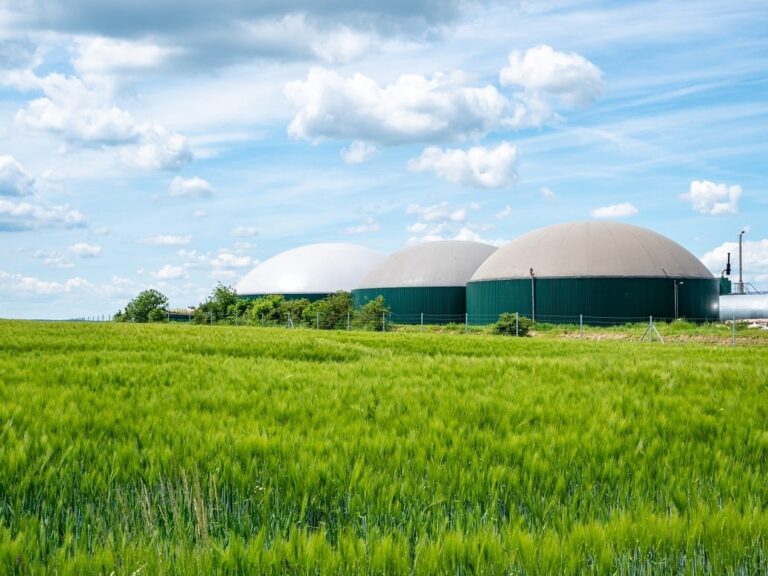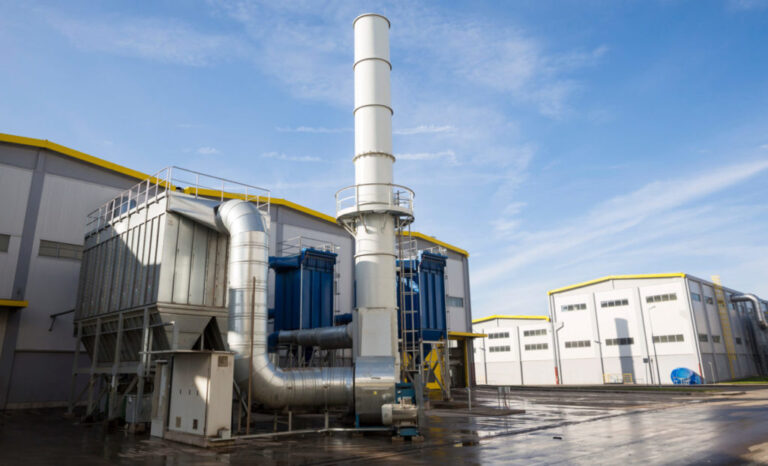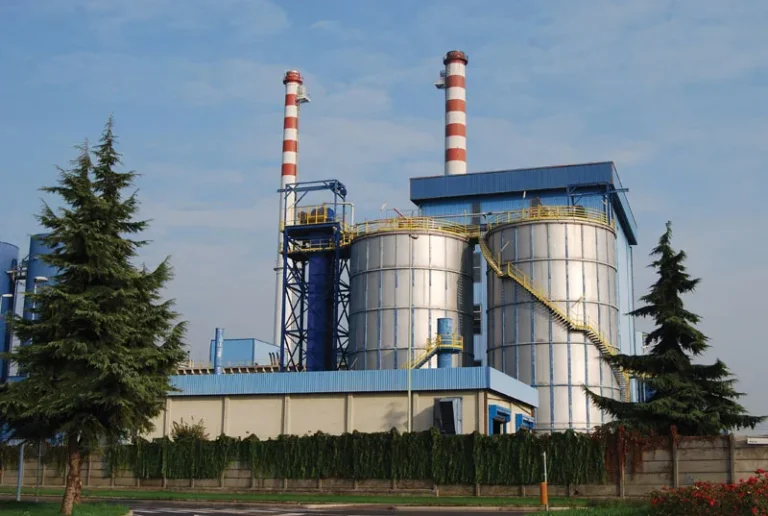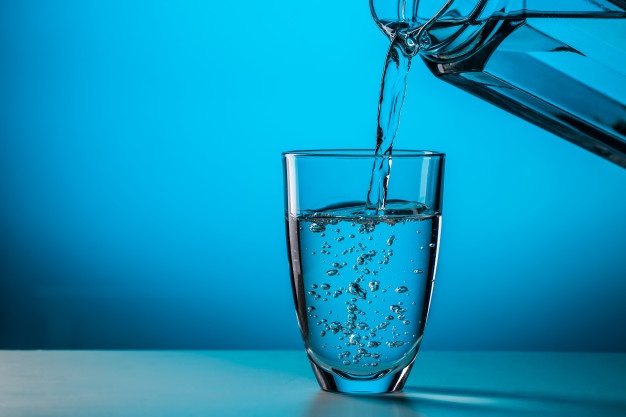Mechanical Vapor Recompression(MVR)
Low-energy
Evaporation for
High-efficiency
Industrial Water
Recovery
Technology Overview
As water-intensive industries face rising energy costs, strict discharge norms and growing pressure to adopt Zero Liquid Discharge (ZLD), conventional thermal systems can no longer justify their operating expenses. Mechanical Vapor Recompression (MVR) offers a breakthrough in evaporative wastewater treatment by dramatically reducing energy consumption while maximizing water recovery.
MVR uses mechanical energy to compress and reuse vapor generated from wastewater, eliminating the need for continuous steam input. It is especially effective in treating high TDS brine, RO reject and other challenging effluents that cannot be processed through biological or membrane systems alone.
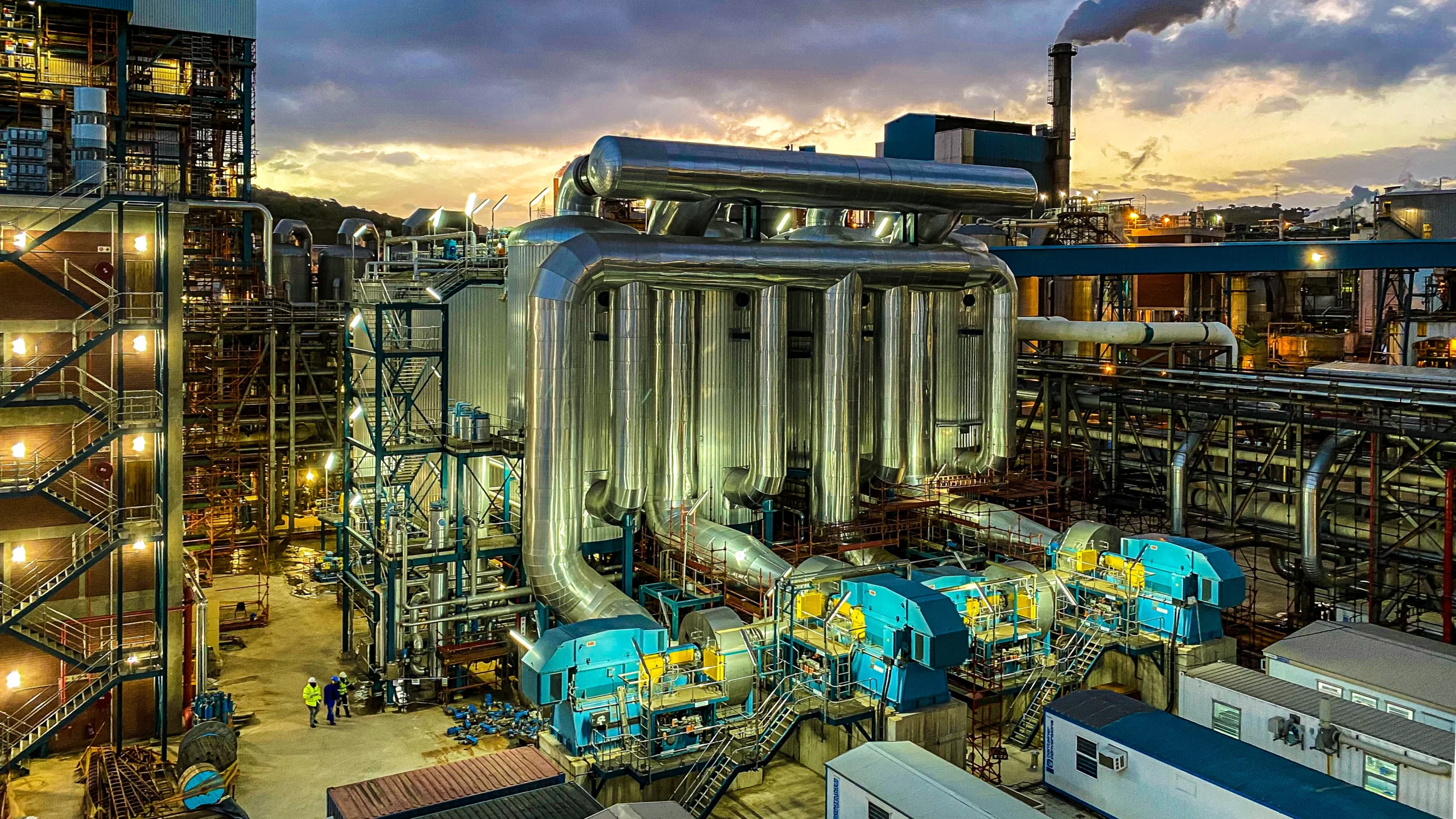
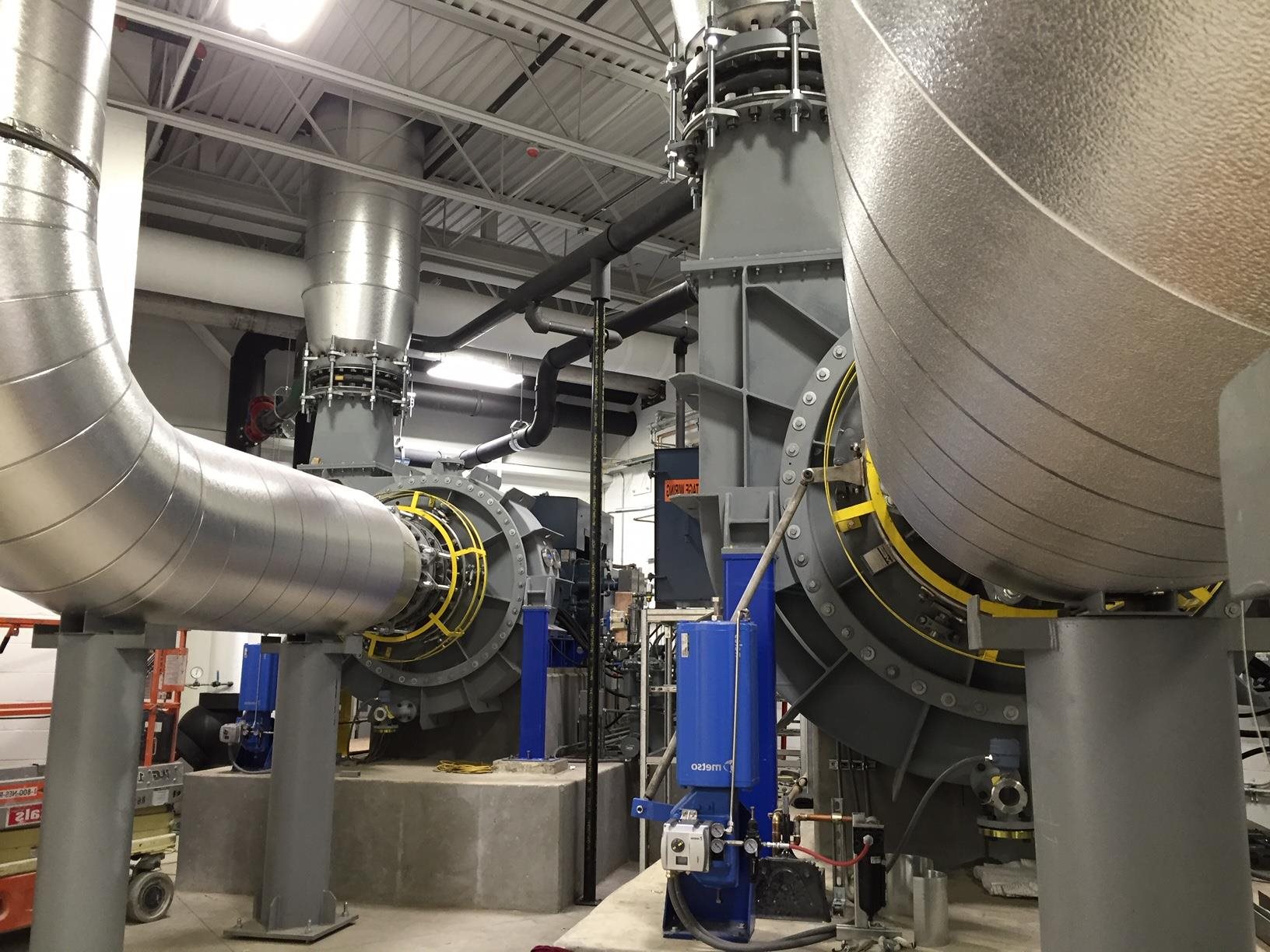
How It Works?
- Evaporation: The feedwater is heated until water vapor separates from dissolved solids or contaminants.
- Vapor Compression: Instead of discarding the generated vapor, MVR compresses it using a high-efficiency blower or compressor.
- Heat Reuse: The compressed vapor is reused as the heat source for further evaporation, creating a closed-loop, energy-saving process.
- Condensate Recovery: The clean condensate is collected as reusable water, while the concentrate is sent to crystallization or solid waste handling.
Technology Benefits
- Ultra-low Energy Consumption: MVR uses up to 90% less thermal energy compared to conventional evaporators.
- High Water Recovery: Achieves water recovery efficiencies of up to 95% from brine and high-salinity streams.
- ZLD Compatibility: Integral to Zero Liquid Discharge systems, especially in chemical, pharmaceutical, seawater desalination and power sectors.
- Automated Operation: Integrated with SCADA software for water treatment performance monitoring, load balancing and predictive maintenance.
- Reduced Carbon Emissions: Lower fuel and steam demand translates to lower greenhouse gas emissions and improved ESG outcomes.
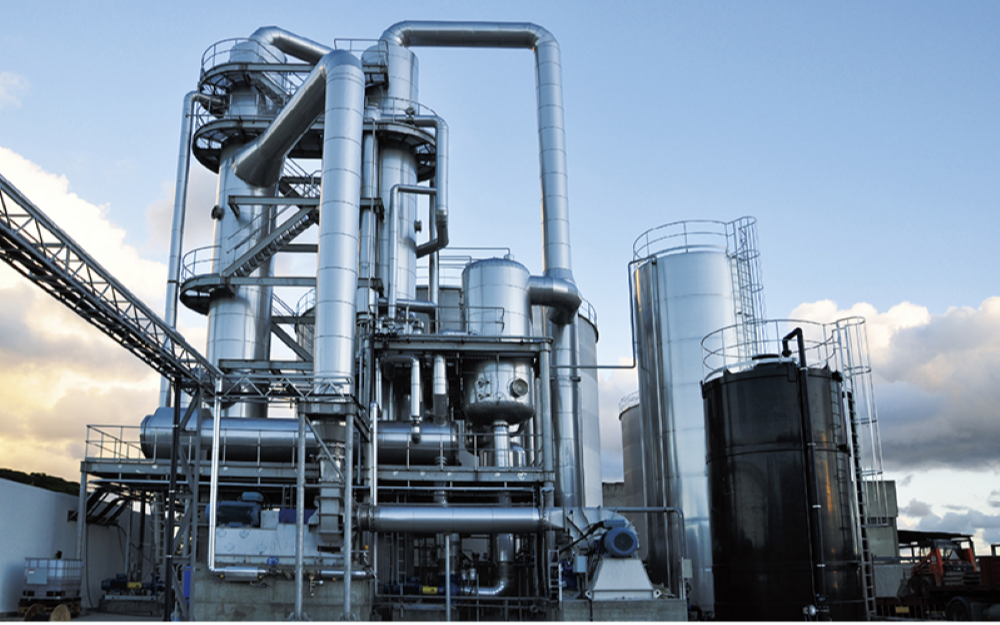
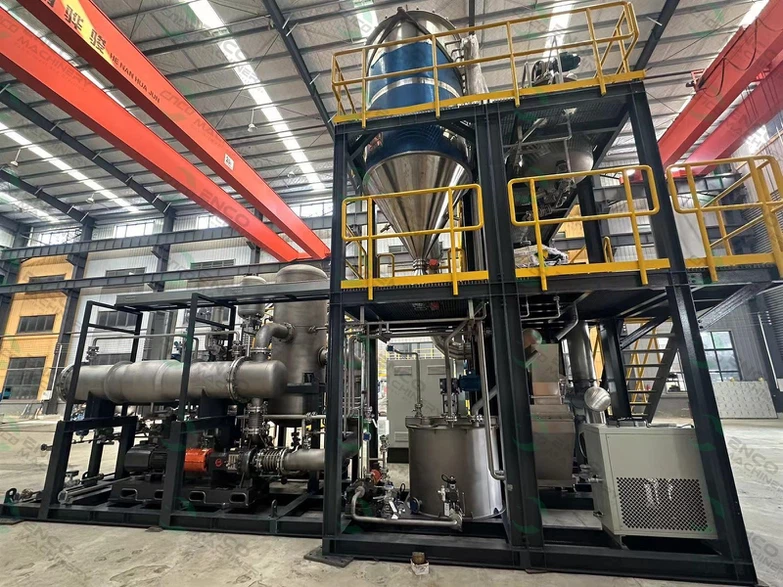
Where It Works Best?
- Pharmaceutical Manufacturing
- Chemicals and Fertilizers
- Desalination Brine Management
- Power Plant Wastewater
- Petrochemical and Refinery Effluents
- Textiles and Dyeing Units
- Food and Beverage Processing
- RO Reject and Brine Concentration
Integration With Other Technologies?
WOG Technologies Limited provides end-to-end ZLD and water recovery systems where MVR integrates seamlessly with:
- Pre-treatment units (UF / RO / NF)
- Multiple Effect Evaporation (MEE) for hybrid energy models
- Crystallizers and Agitated Thin Film Dryers (ATFDs) for final solids separation
- SCADA water and wastewater monitoring for dramatically improved compliance and uptime
- Smart water management systems to optimize load cycles and reduce chemical consumption
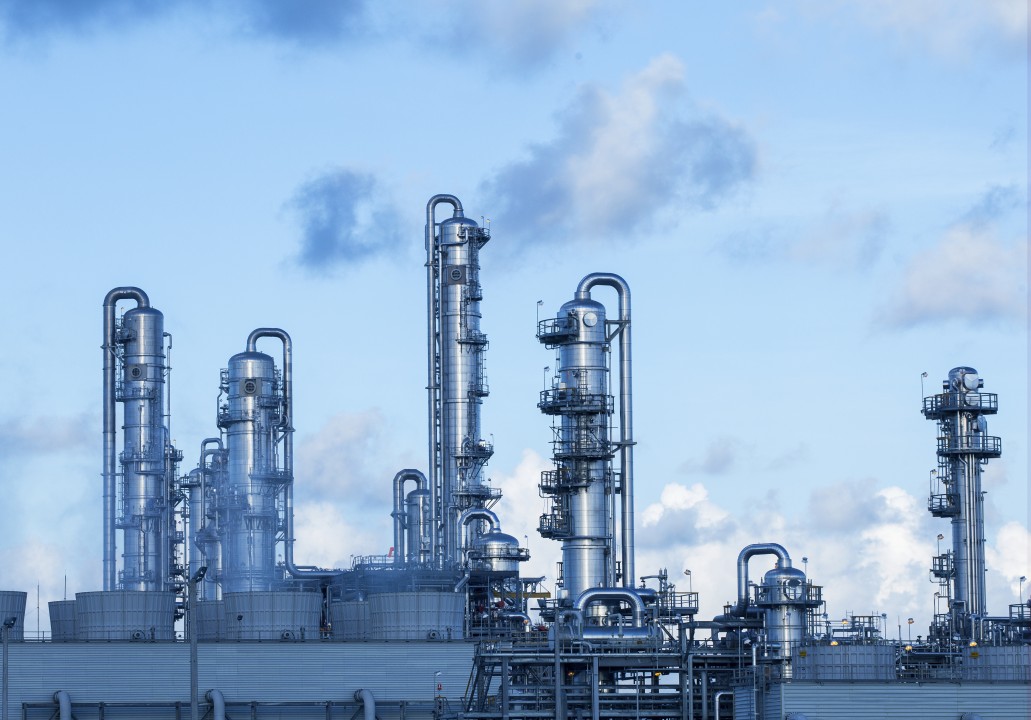
Why Choose WOG Technologies Limited?
Proven Track Record in designing and executing MVR systems across high-effluent load industries.
Low Lifecycle Cost with savings on fuel, maintenance and water disposal.
Modular and scalable designs for compact installations and large utility integrations.
Smart Automation through SCADA software, water treatment control and remote diagnostics.
ZLD and ESG Alignment are built into every system for regulatory and environmental assurance.
Recover More, Waste Less with MVR
Explore how WOG Technologies Limited can integrate Mechanical Vapor Recompression into your wastewater treatment and ZLD strategy to achieve energy savings, cost control and regulatory compliance.
FAQs
MVR uses mechanical compression to reuse vapor energy, requiring minimal external steam. MEE uses thermal energy from steam across multiple stages. MVR is more energy-efficient but suited for specific flow and concentration ranges.
Yes. MVR is built with corrosion-resistant materials and can treat brine streams with TDS levels above 70,000 ppm, especially when paired with upstream pre-treatment.
Absolutely. MVR is often the final stage in advanced wastewater systems to recover reusable water, with the concentrate sent to crystallizers or dryers for full liquid elimination.
Compared to steam-based systems, MVR can reduce energy consumption by up to 90%, offering rapid ROI for high-volume, energy-sensitive operations.
Yes. We design, engineer and deliver complete MVR-based water treatment systems, fully integrated with SCADA for real-time monitoring, alarm triggers and predictive analytics.

